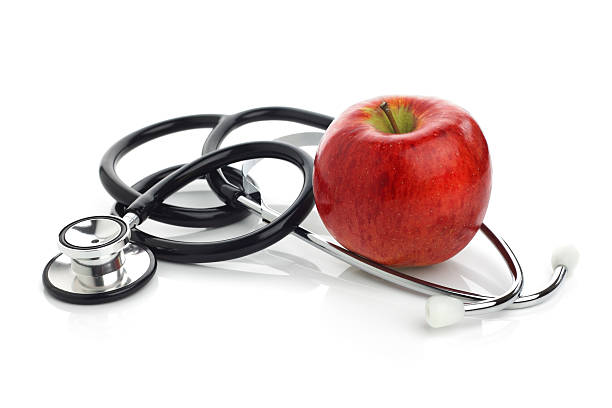“How to improve the financial viability of the National Health Insurance Scheme to provide wider coverage to Ghanaians, and prevent diseases by implementing healthy diets by 2025?”.
The magnitude of challenges facing the Ghanaian government as it seeks to fulfil its Universal Health Coverage (UHC) ambitions and incorporate healthy diet interventions into the NHIS is considerable. Although health insurance enrolment is mandatory for all Ghanaians, enrolment nationally is around 68% (GSS, 2021) - and highly variable between regions. Currently, there are no preventative health care provisions within the NHIS, and only 20% of its resources is spent on primary health care - with the majority of the NHIS budget is spent on more expensive curative interventions.
Ghana has the great advantage of having a robust policy debate over reform options for its health and food systems, with many academic and policy papers being drafted both within government agencies and by health and food system experts and researchers. In short, there is no lack of ideas about the future of health and nutrition in Ghana. What is missing is an interdisciplinary systems based analysis that articulates policy concepts which can activate new resources for healthy diet interventions and one which identifies links, and feedback, between the multitude of health and nutrition related programs, policies and ideas that already exist or are under development in Ghana - or identify the (hidden) gaps between them. In this Cambridge Policy Boot Camp (CPBC) we explored potential responses to the challenges in the Ghana health/food system discussed above using system-based tools to answer the question:
“How to improve the financial viability of the National Health Insurance Scheme to provide wider coverage to Ghanaians, and prevent diseases by implementing healthy diets by 2025?”.
Anchor Agency: Ministry of Health (MoH), Government of Ghana
Beneficiary Agency: Ministry of Health (MoH), Government of Ghana
Participating Agencies:
- Consumer Protection Agency
- Council for Scientific and Industrial Research - Food Research Institute
- FAO Ghana Office, Food and Drugs Authority
- Ghana Health Service, Ghana Revenue Authority
- Health and Development Planners International
- Institute of Leadership and Development
- Mental Health Authority - Ghana
- Metronics Labs, Ministry of Food and Agriculture
- Ministry of Health
- National Development Planning Commission of Ghana
- National Health Insurance Authority, Shoprite
- The University of Ghana
- University of Health and Allied Sciences - Ho, Ghana
- World Food Programme - Ghana Office

